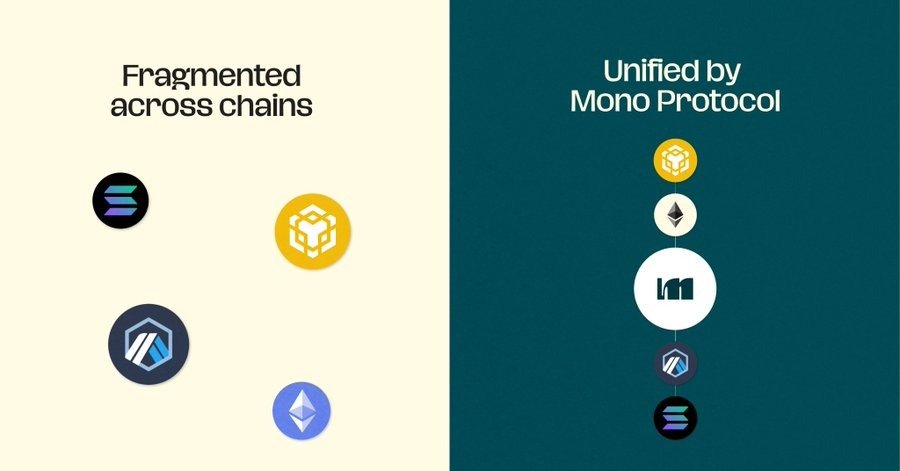Can predictive analytics be made safe for humans?

Massive-scale predictive analyticsis a relatively new phenomenon, one that challenges both decades of law as well as consumer thinking about privacy.
As a technology, it may well save thousands of lives in applications like predictive medicine, but if it isn’t used carefully, it may prevent thousands from getting loans, for instance, if an underwriting algorithm is biased against certain users.
I chatted with Dennis Hirsch a few weeks ago about the challenges posed by this new data economy. Hirsch is a professor of law at Ohio State and head of its Program on Data and Governance. He’s also affiliated with the university’s Risk Institute.
“Data ethics is the new form of risk mitigation for the algorithmic economy,” he said. In a post-Cambridge Analytica world, every company has to assess what data it has on its customers and mitigate the risk of harm. How to do that, though, is at the cutting edge of the new field of data governance, which investigates the processes and policies through which organizations manage their data.
You’re reading the Extra Crunch Daily. Like this newsletter?Subscribe for free to follow all of our discussions and debates.
“Traditional privacy regulation asks whether you gave someone notice and given them a choice,” he explains. That principle is the bedrock for Europe’s GDPR law, and for the patchwork of laws in the U.S. that protect privacy. It’s based around the simplistic idea that a datum — such as a customer’s address — shouldn’t be shared with, say, a marketer without that user’s knowledge. Privacy is about protecting the address book, so to speak.
The rise of “predictive analytics,” though, has completely demolished such privacy legislation. Predictive analytics is a fuzzy term, but essentially means interpreting raw data and drawing new conclusions through inference. This is the story of the famous Target data crisis, where the retailer recommended pregnancy-related goods to women who had certain patterns of purchases. As Charles Duhigg explained at the time:
Many shoppers purchase soap and cotton balls, but when someone suddenly starts buying lots of scent-free soap and extra-big bags of cotton balls, in addition to hand sanitizers and washcloths, it signals they could be getting close to
Be the first to write a comment.



